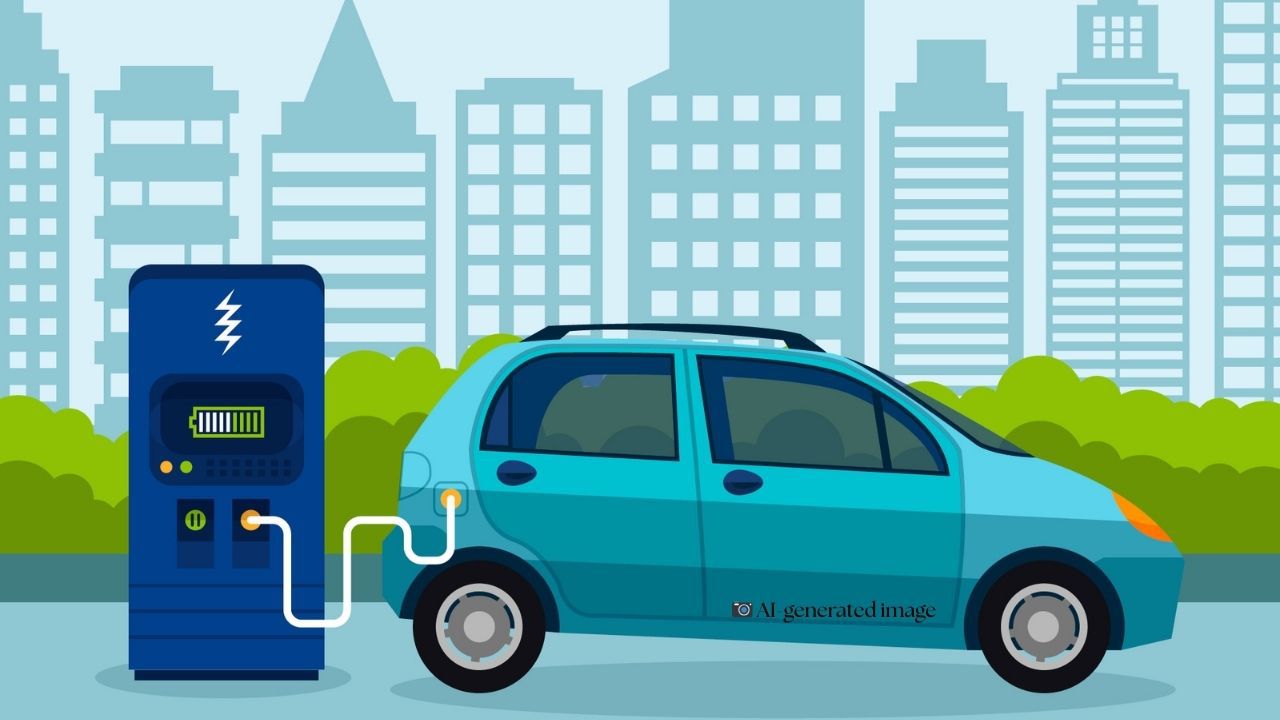India's ambition to have electric vehicles (EVs) comprise 30 percent of total vehicle sales by 2030 is at risk unless the country achieves a significant acceleration in EV adoption. According to a recent report by NITI Aayog, the government's policy think tank, India needs to boost EV sales by over 22% in the next five years to meet this target.
Current EV Adoption Status
As of 2024, EVs accounted for only 7.6% of total vehicle sales in India. This modest figure represents nearly a decade of progress, highlighting the slow pace of transition to electric mobility. In contrast, global EV sales have surged, with countries like China, the European Union, and the United States leading the way in EV adoption.
Also Read | AI Pets for Friendship: Can Virtual Creatures Cure Loneliness?
Challenges Hindering EV Growth
Despite various policy initiatives and growing public awareness, several challenges impede the rapid adoption of EVs in India. These include limited charging infrastructure, high upfront costs, and a lack of consumer confidence in EV technology. Additionally, the availability of subsidies for hybrid vehicles under schemes like FAME has diverted attention from pure electric vehicles, slowing the transition.
Strategic Measures for Accelerated EV Adoption
To achieve the 30% EV penetration goal by 2030, NITI Aayog recommends a shift from incentive-based policies to stricter mandates and regulations. The report suggests focusing on specific vehicle segments, such as two-wheelers, three-wheelers, and buses, where the benefits of electrification are more pronounced and the supporting infrastructure can be developed more effectively. Implementing saturation strategies in select regions can also create visible impacts, encouraging wider adoption across the country.
Also Read | AI Chatbots May Face Stricter Rules: California’s Bold Move to Protect Minors
India's path to achieving its 2030 EV target is fraught with challenges that require immediate and decisive action. By implementing targeted policies, investing in infrastructure, and fostering public-private partnerships, India can accelerate its transition to electric mobility, reduce dependence on fossil fuels, and contribute significantly to global environmental goals.




